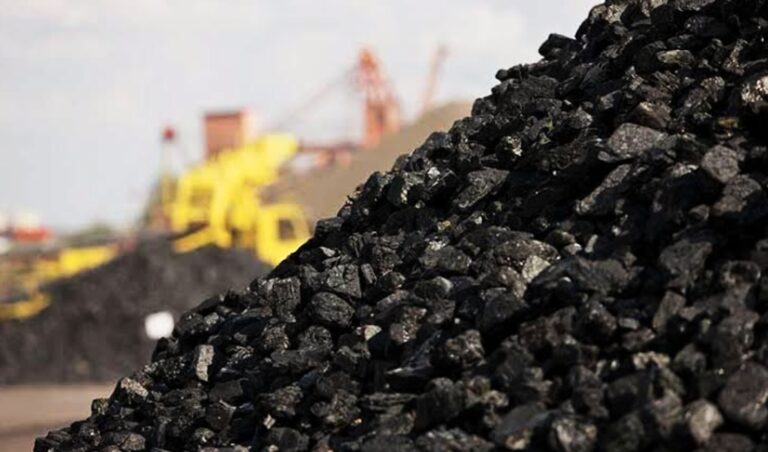The committee noted that a ₹100 per tonne increase in coal price leads to a rise in power costs by around ₹0.06 per unit. Thus, the GST compensation cess alone increases the price by approximately ₹0.24 per unit.
An Inter-ministerial Committee, established by the Coal Ministry, has proposed a change in the method of imposing GST compensation cess on coal. The committee suggests that the cess should be ad-valorem, meaning it would be directly linked to the price and quantity of coal, rather than a fixed amount of ₹400 per tonne.
The Ministry formed this Inter-ministerial Committee (IMC) with the objective of creating a strategy paper for import substitution by the year 2030. The overarching goal is to eliminate coal imports in the power sector by the fiscal year 2026.
One of the major factors contributing to the high import of coal in India is the current nature of the GST compensation cess. Currently, it is levied at a flat rate of ₹400 per tonne regardless of the quality, price, or source (domestic or imported) of the coal, as pointed out by the committee.
The committee highlighted that the GST compensation cess is based on tonnage rather than gross calorific value (GCV). Imported coal, with its higher GCV (5,000-6,000 Kcal) compared to domestically supplied coal (3,000 – 3,500 Kcal), results in a lower tax incidence per Kcal compared to domestic coal.
This situation, according to the panel, has led to a “regressive taxing regime” where the impact of the cess becomes significantly higher for coal with lower GCV compared to coal with higher GCV.
For example, associations related to sponge iron production have noted that using 2 tonnes of domestic coal with 3,500 Kcal for producing 1 tonne of sponge iron incurs a coal compensation cess of ₹800. However, if higher GCV imported coal is used, only 1 tonne would be required for producing a tonne of sponge iron with a cess of ₹400.
In the financial year FY22, the GST compensation cess collected on coal imports amounted to around ₹8,359.15 crore against a total import value of ₹2,28,742.44 crore, resulting in a cess incidence of 3.65 per cent. In contrast, the GST compensation cess collected on domestic coal (from CIL and SCCL) during the same period was approximately Rs 29,096.8 crore against an approximate value of Rs 1,17,251.40 crore, translating into a cess incidence of 24.82 per cent.
The committee noted that a ₹100 per tonne increase in coal price leads to a rise in power costs by around ₹0.06 per unit. Thus, the GST compensation cess alone increases the price by approximately ₹0.24 per unit.
To address these market distortions favoring coal imports, the IMC strongly recommends rationalizing the GST Compensation Cess. The committee suggests that, in the long term, the cess should be imposed on an “ad valorem basis,” where it would directly correlate with the price and quality of coal, rather than the current fixed levy.
It is important to mention that besides the GST compensation cess, various other charges and levies are imposed on coal on an ad valorem or percentage basis, the panel added. While most of these levies are calculated as a proportion to the value, the GST compensation cess is imposed at a flat rate, creating pricing distortions for coal.
The imposition of GST compensation cess on an ad-valorem basis would also allow the exchequer to benefit from any future increases in coal prices. The IMC recommends determining the appropriate percentage of cess on coal to ensure revenue neutrality and prevent any loss to the exchequer.
This strategic move aims to streamline the taxation structure surrounding coal imports and domestic production, supporting the broader goal of reducing coal imports in the power sector.
Read More
Allahabad High Court Upholds Penalty under Section 129 for Late GST E-Way Bill Submission
Lower GST on Flex Fuel Vehicles: Decision Delayed due to Different Views in Auto Industry
